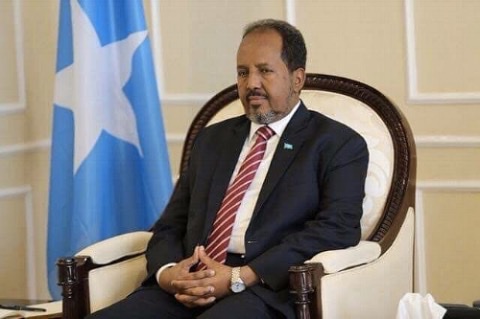PRESS RELEASE – FOR IMMEDIATE RELEASE
Brussels, 8 December 2010 ‐ Rare and moving testimony from an eyewitness to the severe and degrading human rights abuses being perpetrated in the Ogaden region of Ethiopia informed discussions in a cross-party hearing, entitled “Ethiopia’s Stalled Democracy: A Spotlight on the Ogaden” convened by Ms. Ana Gomes MEP in the European Parliament on 7 December 2010.
Opening the hearing, Vice-President of the European Parliament, Mr. László Tőkés MEP noted that the hearing represented an important step to understanding “Ethiopia’s complexity and the legitimacy of its peoples’ demands” emphasizing that “to look to the future we must understand the present.”
Ms. Ana Gomes MEP communicated her desire for a constructive dialogue – there was “a pressing need to assess where Ethiopian governance is heading” she noted and it was time the international community reacts “against the domestic and international threat of Ethiopia’s repressive government.”
Mr. Marino Busdachin, UNPO General Secretary, stressed the need to discuss Ethiopia’s failed governance because “not enough people in the EU manifest enough interest in the Ethiopia issue.” A major conference was needed to bring new thinking to light – the EU contributed over €600 million to Ethiopia but was treated with contempt and its funds used not for, but against, democracy – this had to be stopped.
The plight of Ogaden women was presented by Mr. Abdullahi Mohamed and Ms. Abbey Augus of African Rights Monitor who cited cases of arrest, robbery, rape, and extrajudicial killings, that compounded critically low development indicators and a tolerance of underage marriage and female genital mutilation.
In a historical overview Dr. Barbara Lakeberg of the Netherlands Institute of Human Rights drew from personal experience in Iraq the case of Ethiopians that fleeing the country to escape repression and the limits to free expression that made independent assessments of the situation in Ogaden so difficult.
Professor Jans of Tilburg University emphasized the need to develop a respect of minorities that went not in the direction of tolerance but rather a deeper and more positive “intercultural reciprocity” that placed Ethiopians under a law applicable to all – similar to that enshrined in the South African constitution.
* * *
For more information, refer to:
http://www.unpo.org/article/11964
Andrew Swan | +32 (0)472 577 518 | aswan@unpo.org
__________________________________________
Organised by the Office of Ana Gomes MEP in collaboration with:
African Rights Monitor (ARM) and Unrepreseted Nations and Peoples Organization (UNPO)




Comments are closed
Sorry, but you cannot leave a comment for this post.